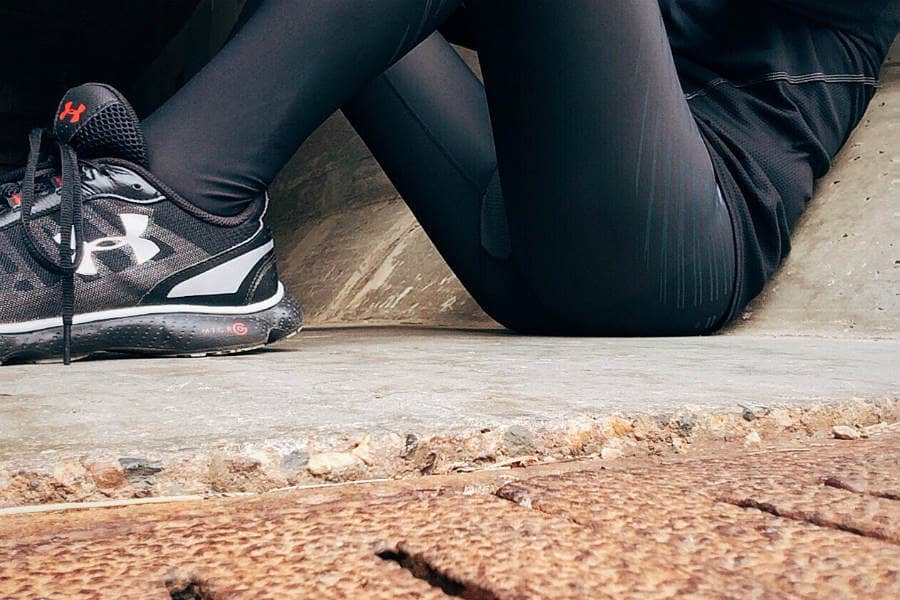Predictors for Returning to Work After Total Knee Replacement

A study from Cleveland identified factors that are important in estimating a patients return to work following Total Knee Replacement surgery. Average time to return for all patients is 9 weeks.
Lifestyle Modification Key to Great Outcomes Following Knee Replacement Surgery
Internet Based Outpatient Physical Therapy
After recovering from knee replacement surgery, patients’ physical activity levels with their new joint were varied.


